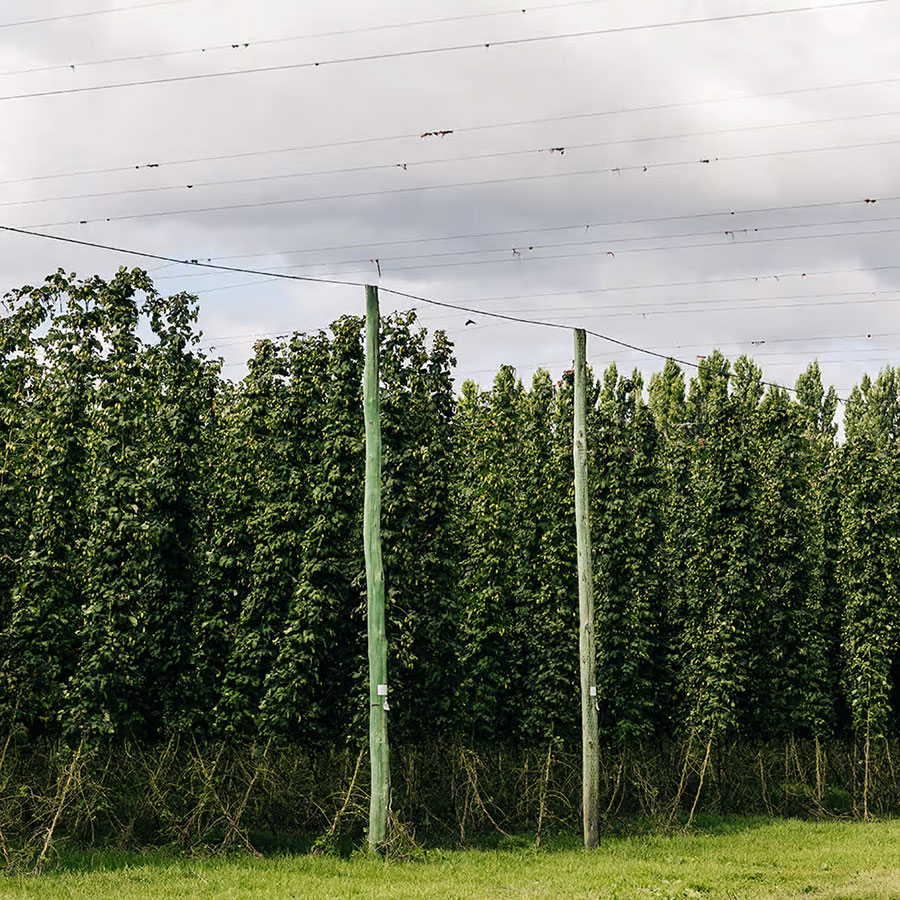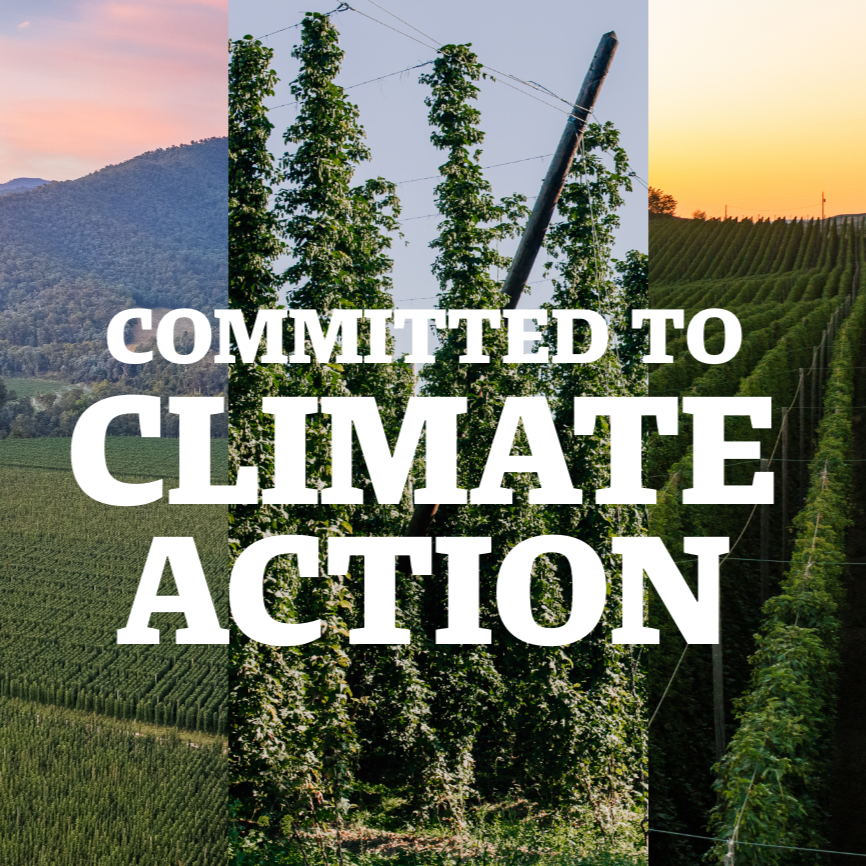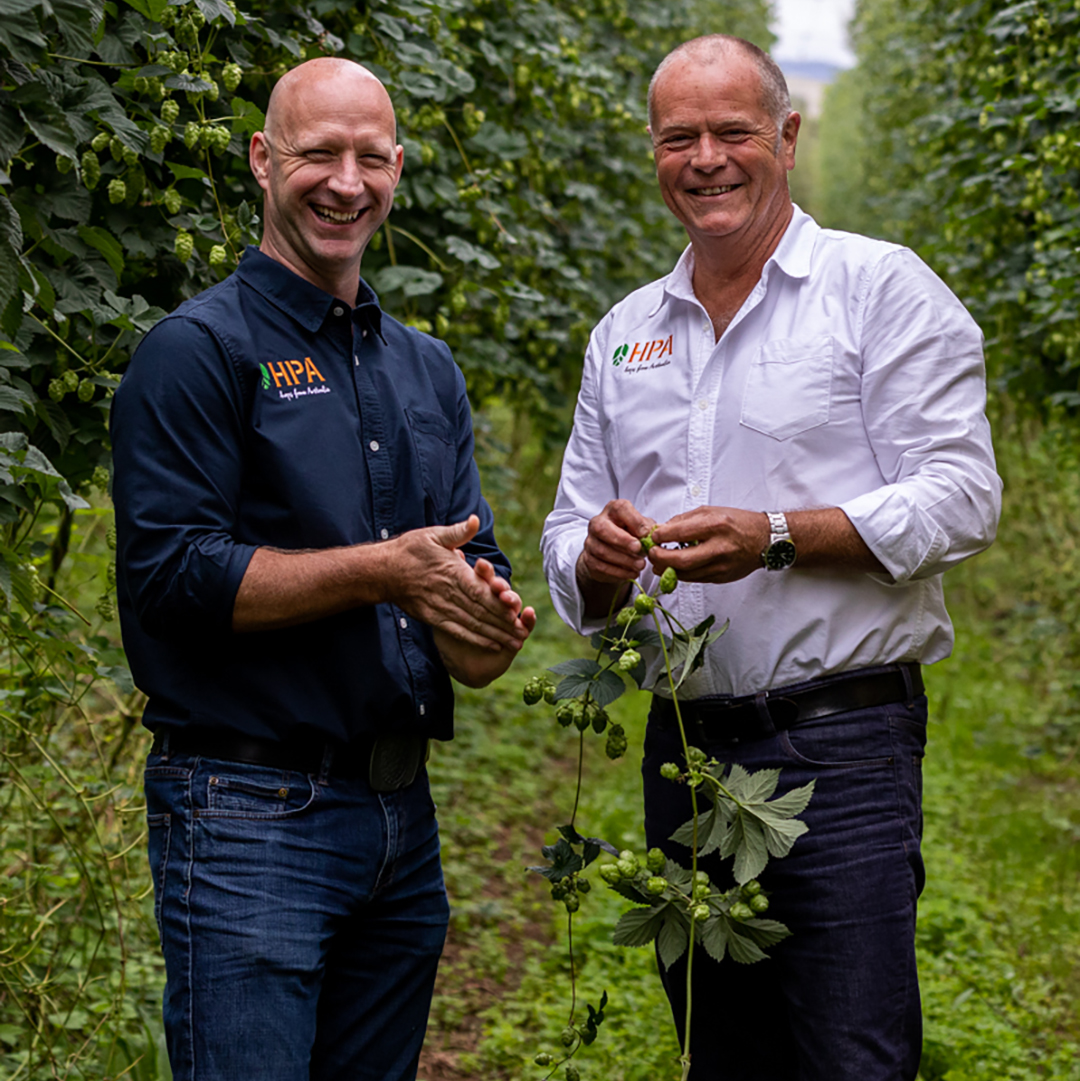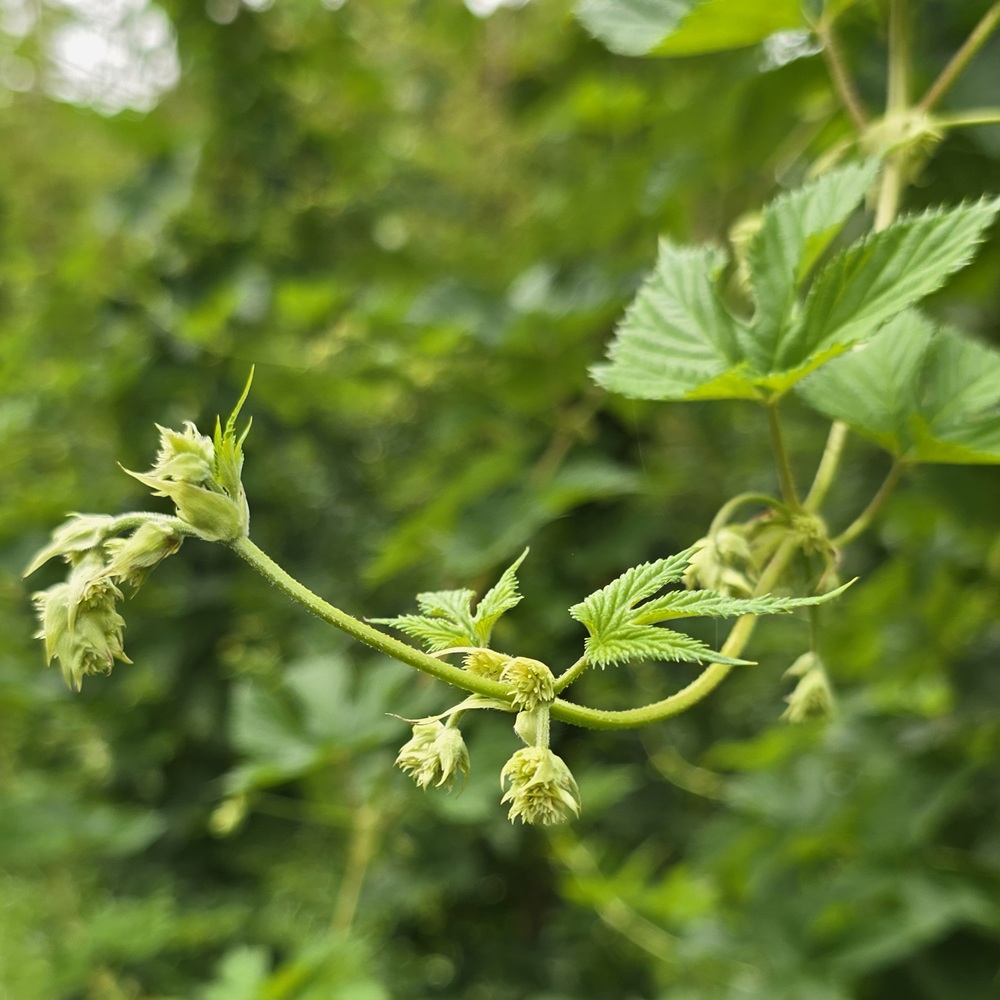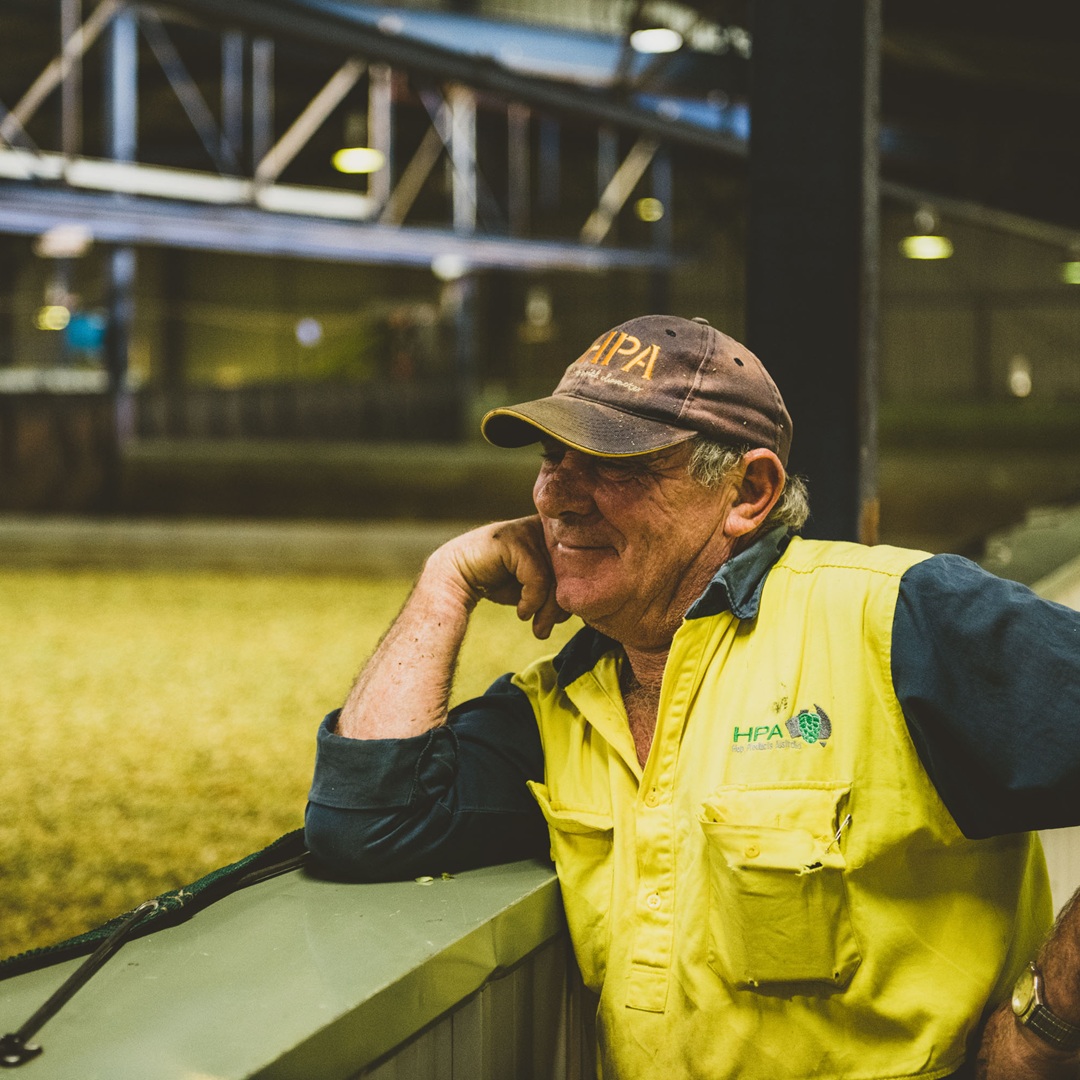It’s been a rough year for our industry, with many breweries impacted by the unique challenges surrounding COVID-19. As the hop growers in the northern hemisphere enter the throes of hop harvest, the hop growers in the southern hemisphere are seeing their plants emerge from winter dormancy and starting to organise their stringing and training teams. This is a critical time to take stock of your brewery’s situation, so we can adjust production to match likely demand for our crop.

Earlier this year, Brewers Association Supply Chain Specialist Chris Swersey wrote an article explaining why it is so critical to communicate your hop requirements accurately and often. This is a summary of his thoughts.
As we work our way through these uncertain times together, it is important to consider:
- Necessary adjustments to your estimated hop demand for the rest of 2020 and 2021.
- How much your estimated hop demand differs from the quantities in your contracts.
- How many kilograms of each hop variety you will actually need.
Now is the time to share this information with us. The sooner you do, the sooner we can:
- Limit the production of hops that brewers will never use, saving resources and reducing process costs.
- Rework contracts to accurately reflect future needs that may have changed because of disruption to the brewing industry.
- Account for the purchase of spot market hops. This is particularly important for smaller brewers who do not forward contract hops. In these uncertain times, buyers who are otherwise not visible in the form of contracts are assuming extremely high risk in terms of supply surety. While most hops are produced and purchased under contract, a significant quantity are still produced and purchased without contract.
Growers seek to avoid long positions on uncommitted hops since there is a risk they may never sell. Every extra hectare of uncommitted hops imposes an establishment cost on the system. Since brewers are the only buyer of hops, the industry as a whole will ultimately pay these costs, whether the hops are actually purchased or not.
You can help your brewery, your grower and your industry by communicating your hop requirements accurately and often. Your local sales rep is only a call or an email away, and committed to supporting your brewery so you can keep making great beer.
